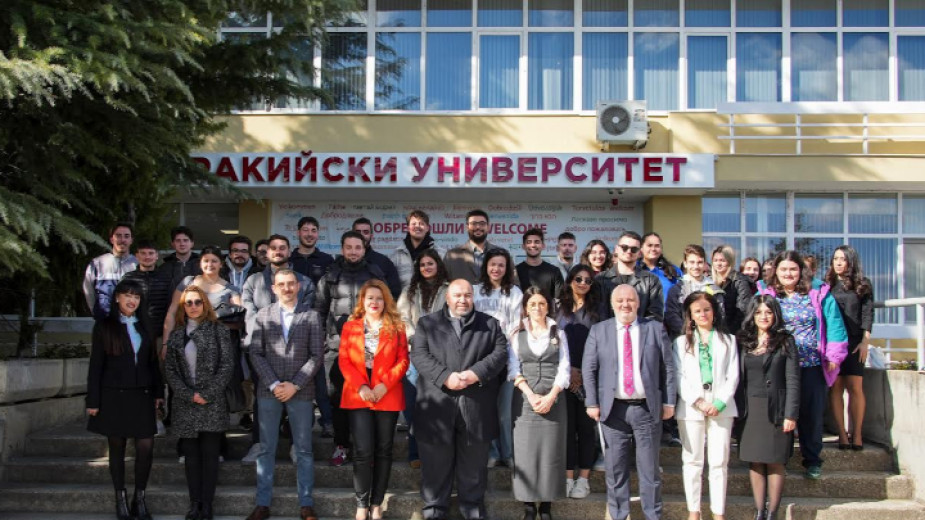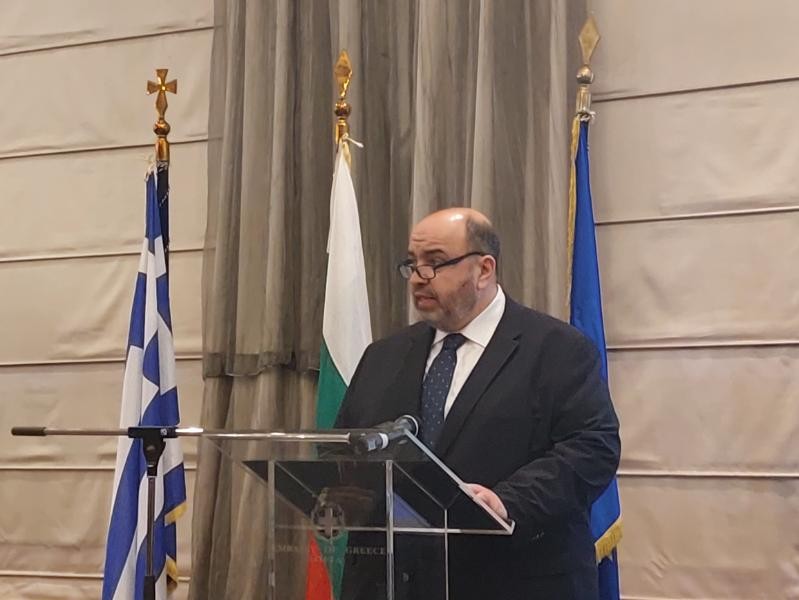


Photos: Trakia University, Embassy of Greece in Bulgaria, Pixabay
Bulgarian language is the link that goes from the present back through the centuries and connects us with our roots and our Bulgarian consciousness. That is why Bulgarians in faraway Singapore decided at a meeting in September 2019 to organize a..
Hello and welcome to Radio Bulgaria’s daily webcast Heartbeat Bulgaria! The stories on Wednesday: We begin with Gabrovo’s Museum of Education and its mission of enlightenment among Bulgarians in this country and abroad. Next,..
Welcome to Heartbeat Bulgaria, Radio Bulgaria’s daily webcast. The stories this Tuesday: · Best contemporary Bulgarian books hit the road on a national tour this summer; · Next, renowned..

+359 2 9336 661
